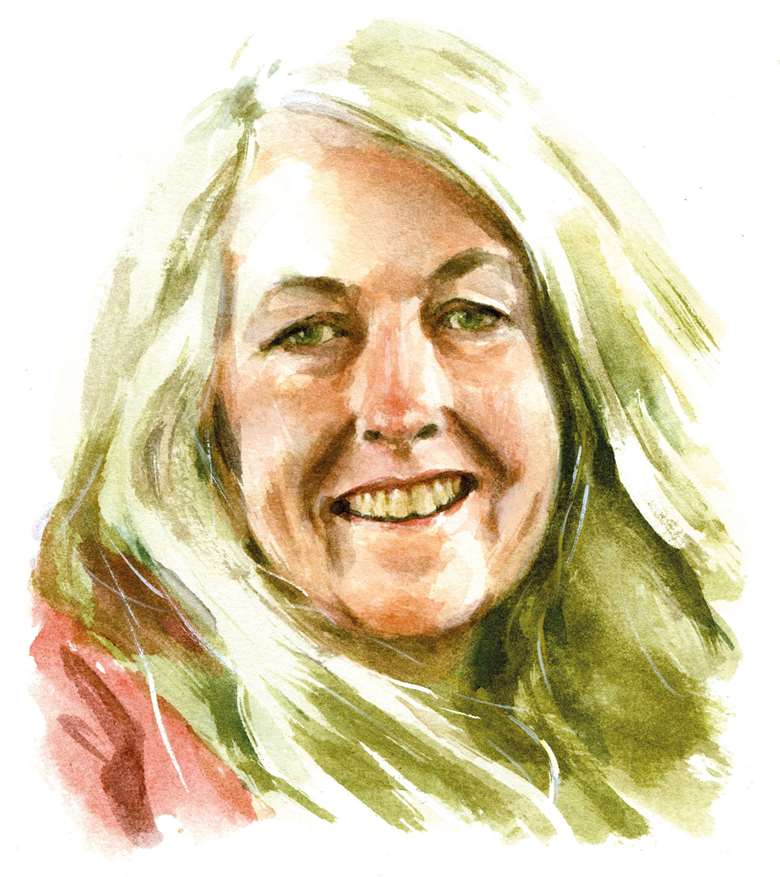Dame Mary Beard | My Music: ‘Ancient music is elusive to historians’
Friday, July 12, 2024
The nation’s best-known classicist rediscovered classical music in her thirties, when exploring re‑workings of ancient myth

Register now to continue reading
Thanks for exploring the Gramophone website. Sign up for a free account today to enjoy the following benefits:
- Free access to 3 subscriber-only articles per month
- Unlimited access to our news, podcasts and awards pages
- Free weekly email newsletter
















